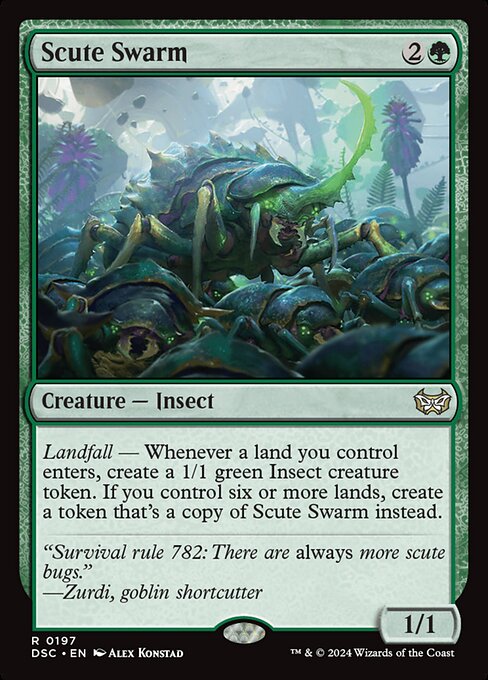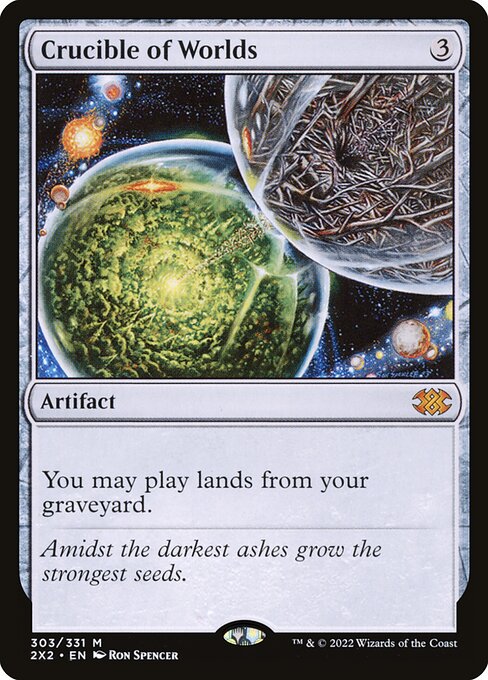Deck & Commander Strategies

Klothys, God of Destiny
Focuses on land destruction and forcing opponents to sacrifice lands while gaining value from lands going to the graveyard. It aims to control the board by disrupting mana bases and recurring threats from the graveyard for sustained pressure.

Titania, Protector of Argoth
Utilizes lands in the graveyard to create a large army of elemental tokens. The deck's goal is to generate overwhelming board presence through land recursion and token generation, using synergy with lands to outpace opponents.
Gameplay Insights
- 1
Klothys' repeated land destruction kept Titania's mana development in check, limiting her ability to deploy large threats quickly.
- 2
Titania's ability to animate lands and generate elementals provided necessary resilience against Klothys' disruption.
- 3
The matchup emphasized the importance of balancing resource denial with board development, as overcommitting without mana could leave a player vulnerable.
- 4
Graveyard interaction was crucial, with both decks leveraging lands in the graveyard for value and tempo swings.
Notable Cards
-

Klothys, God of Destiny
-

Titania, Protector of Argoth
-

Scute Swarm
-

Field of the Dead
-

Crucible of Worlds
Gameplay Summary
The Duel Commander match featured a clash between Klothys, God of Destiny, and Titania, Protector of Argoth.
Klothys aimed to leverage land destruction and graveyard recursion to control the board and slowly drain the opponent's resources.
Titania focused on generating a large army of elemental creatures by recurring lands from the graveyard and utilizing synergy with lands to overwhelm the opponent.
Key turning points in the game included Klothys repeatedly forcing land sacrifices to cripple Titania's mana base, while Titania responded by creating tokens and animating lands to maintain board presence.
The game's tension centered around whether Klothys could maintain pressure through attrition or if Titania could stabilize and deploy a decisive board state with her elemental horde.
Ultimately, the interaction between relentless land disruption and resilient board development defined the gameplay, with both commanders playing to their strengths in resource denial and token generation.





















